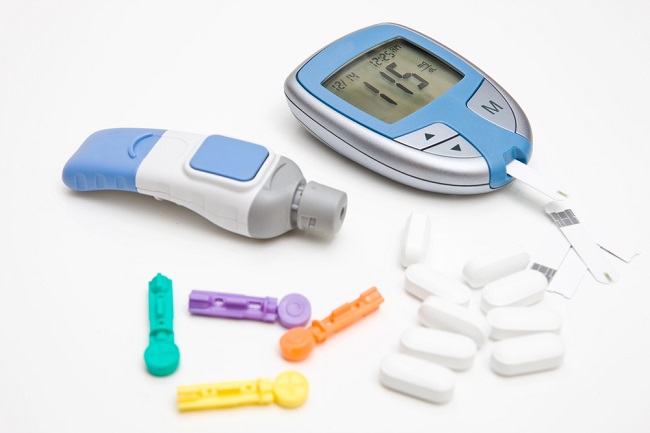Anemia gravis is a severe type of anemia. This condition is characterized by very low hemoglobin levels, which are less than 8 g/dL, so the sufferer usually requires a blood transfusion.
In anemia gravis, the cells in the body do not get enough oxygen to function normally. As a result, sufferers not only experience severe symptoms of anemia, but are also at risk for serious complications, such as organ damage.

Symptoms of Anemia Gravis
Symptoms of anemia gravis are generally the same as those of ordinary anemia. However, in this condition, the severity of the symptoms is getting worse. The following are some of the symptoms that can be experienced by people who suffer from anemia gravis:
- Hard to breathe
- Weakness or fatigue
- Heart pounding
- Dizzy
- Pain in the chest, abdomen, and joints
- Skin looks paler
- Cold hands and feet
The above symptoms may appear slowly and initially not noticed by the sufferer.
Causes of Anemia Gravis
The three main things that can cause anemia gravis are decreased production of red blood cells, destruction of red blood cells, and loss of large amounts of blood volume. Here is the explanation:
Decreased production of red blood cells
A decrease in the production of red blood cells in people with anemia gravis is generally triggered by a severe disease that lasts for a long time, such as cancer, HIV/AIDS, stage 5 kidney failure, or hypothyroidism.
However, decreased red blood cell production can also result from a severe nutritional deficiency, especially the nutrients needed to produce red blood cells. The most common condition is iron deficiency anemia.
In addition, the damage that occurs to the spinal cord can also make the body no longer able to produce red blood cells optimally. This condition can result from infection, autoimmune disease, side effects of medications, or exposure to toxic chemicals.
The destruction of red blood cells
Anemia gravis can also occur when red blood cells are destroyed more quickly than the cells are made by the body. Things like this can be experienced by people with autoimmune diseases or diseases caused by genetic disorders, such as thalassemia.
Excessive blood loss
In addition to disorders of red blood cells, anemia gravis can also occur due to heavy bleeding. Examples of external factors that can cause bleeding are accidents that make blood vessels break. While examples of internal factors that can cause bleeding are rupture of blood vessels due to esophageal varices or aortic dissection.
Anemia Gravis Treatment
If anemia gravis has reached a hemoglobin level of < 7 g/dL, the doctor will give priority to giving blood transfusions so that the patient's condition can be stable. After that, the doctor will treat the underlying disease of anemia gravis.
For example, if anemia gravis is caused by bleeding, treatment to stop the bleeding should be initiated as soon as possible.
If anemia gravis is caused by the destruction of red blood cells triggered by an autoimmune disease, the doctor will prescribe immunosuppressant drugs to suppress the immune system, and provide iron and folic acid supplements to stimulate the production of red blood cells.
In addition, people with anemia gravis may also need a bone marrow transplant or transplant if their bone marrow can no longer produce healthy red blood cells.
Anemia gravis is a serious condition that must be treated and the cause found. If not treated properly and as early as possible, anemia gravis risks causing dangerous complications, ranging from heart failure to death.
Therefore, do not underestimate the symptoms of anemia gravis. If you experience these symptoms, immediately consult a doctor to get the right treatment.









